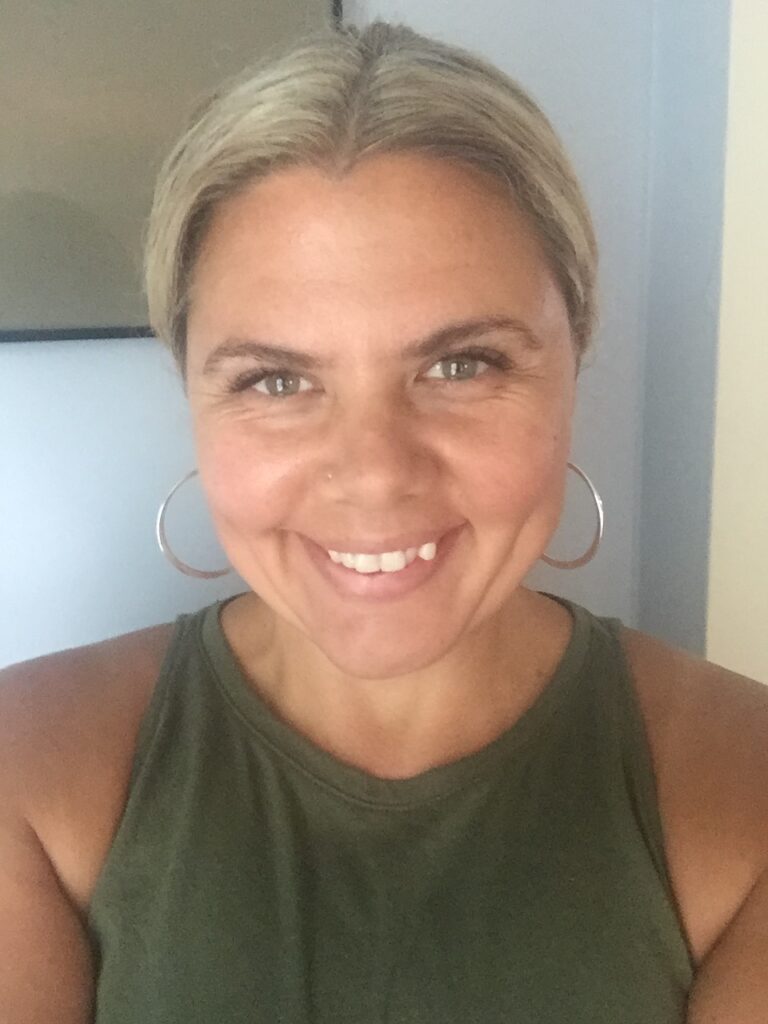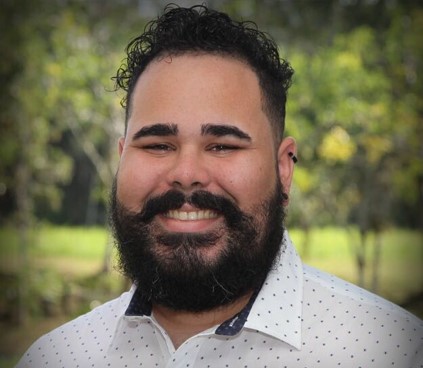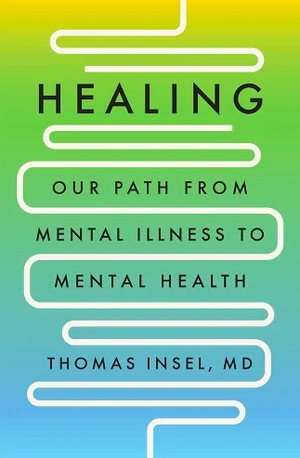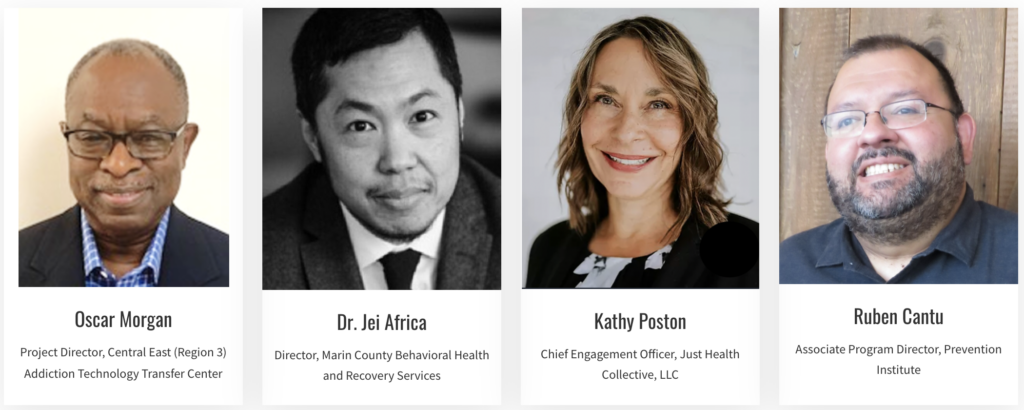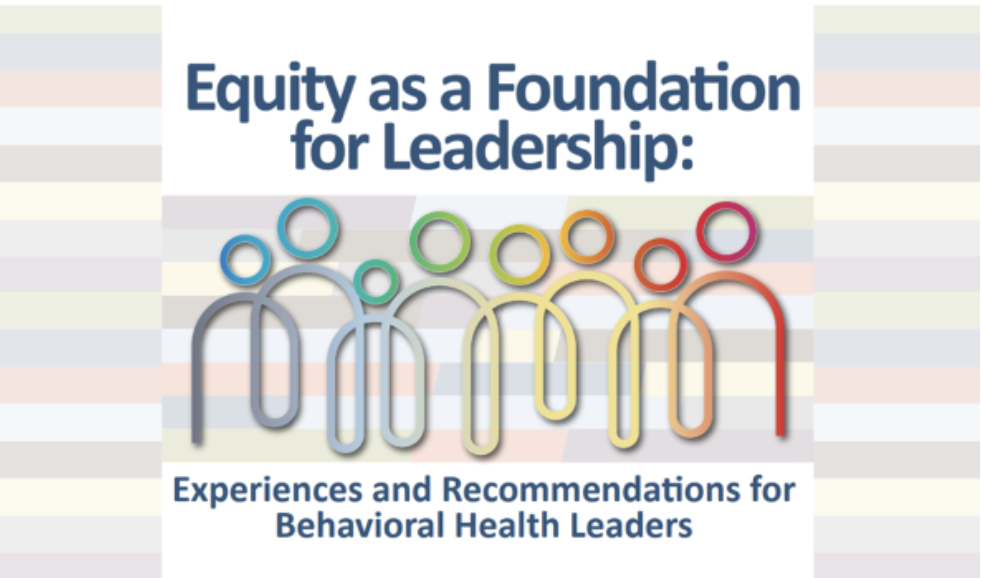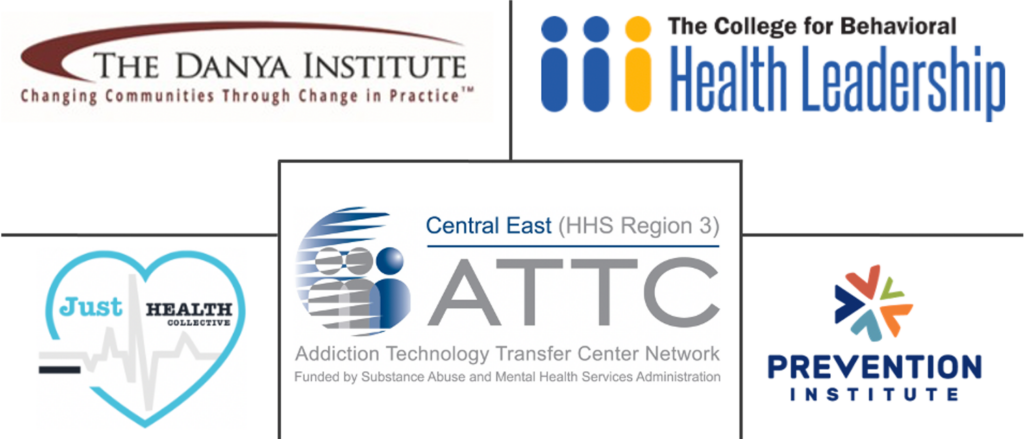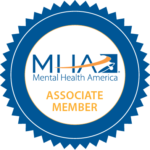Imagine a model of care resting on a set of principles that, when adopted to the fullest, could diplomatically disrupt systems and shift paradigms, change organizational structures, create fresh and inclusive workplace cultures, and transform the clinical care experience for every person and community. In this webinar, we will explore Stepped Care 2.0 as it disrupts the status quo and shifts systems, organizations, and the way people work together and value one another with the ultimate goal of fostering well-being everywhere.
Presenters

Dr. Peter Cornish is an Honorary Research Professor at Memorial University, the Co-Director of Student Mental Health at the University of California Berkeley. His clinical and research interests include online mental health, stepped care treatments, mental health service innovations, and interprofessional team functioning. Over the past ten years, he has provided consultation and on-site training on his Stepped Care 2.0 model to over 200 organizations globally, including work with transforming mental health care systems across seven Canadian provinces and territories. The not-for-profit company he founded, Stepped Care Solutions, is the lead administrative partner on Wellness Together Canada, a federal COVID-19, $65M mental health program for all peoples of Canada. He is the principal investigator for a $1.14M CIHR transitions-in-care, four-year research grant aimed at digitizing and evaluating Stepped Care 2.0 across three Canadian provinces/territories. Currently he is collaborating with colleagues on a three-book series on Stepped Care 2.0 to be published by Springer, with the first in the series available now.

Gillian Berry, PhD, LICSW, LCSW-C, CQSW obtained her Master’s and Doctoral degrees from Birmingham University in England. She has over 35 years of experience as an educator and practitioner in the field of clinical mental health and human services. Dr. Berry is currently the Vice President of Culture and Diversity at Stepped Care Solutions. She also provides clinical consultation, supervision, training and direct services for human services organizations such as child welfare and mental health agencies. She has been a faculty member at the University of Botswana’s Department of Social Work Southern Africa, and the University of Maryland, School of Social Work. Her clinical interests have focused on providing short-term solution-focused services/therapy from an indigenous perspective. She is the author of the empowerment novel The Righteous Sin.






